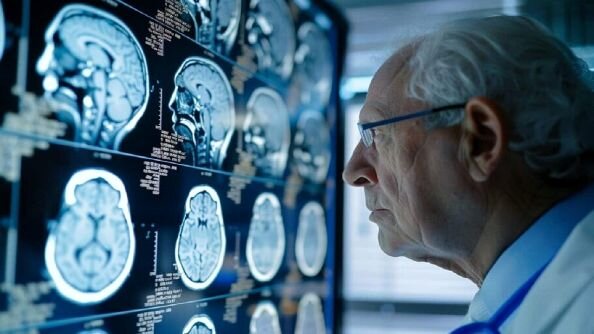تلاش برای پیشبینی و شناسایی بیماریهای مرتبط با افزایش سن میتواند در آینده قابل دسترستر شود.
Researchers from the UK’s University College London have made a breakthrough in a field that may seem far-off, but it’s actually just around the corner. In a recent study published in the journal Nature Medicine, they found a way to predict the risk of Alzheimer’s disease and 30 other age-related diseases using a simple blood test. The study followed over 10,000 English adults for more than 35 years, analyzing data from over 6,000 participants between the ages of 45 and 89. Researchers found that the biological age of various organs in the body can predict the risk of age-related diseases. For instance, if the kidneys are aging faster, the risk of kidney disease increases. But here’s the kicker: the study also found that the rate at which organs age can be different from one person to another. Some people’s organs may be aging faster than others, which can put them at a higher risk of developing age-related diseases. One of the most surprising findings was that Alzheimer’s disease is more closely linked to the biological age of the immune system than the brain itself. This could lead to new ways of predicting and preventing age-related diseases.
But how can we use this information to improve our health? According to Dr. Mika Kivimaki, the lead author of the study, this research has the potential to introduce a new blood test that can identify early warning signs of age-related diseases. Such a test could help individuals take better care of specific parts of their body and receive alerts about potential health risks. This could lead to early interventions and better health outcomes.
The study’s findings also raise important questions about how we approach aging and age-related diseases. If our biological age can be predicted, can we also slow down or even reverse it? How can we use this knowledge to improve our quality of life and reduce the risk of age-related diseases? These are just a few of the many questions that arise from this groundbreaking research.
The study’s authors acknowledge that further research is needed to confirm their findings and develop practical applications. However, they are optimistic about the potential of their discovery to improve human health. As Dr. Kivimaki notes, “Our study shows that biological age is a powerful predictor of age-related diseases, and that by identifying early warning signs, we may be able to prevent or delay the onset of these diseases.”
In conclusion, this study highlights the importance of understanding the biological processes that underlie aging and age-related diseases. By exploring the complex relationships between our bodies’ organs and systems, we may be able to identify new ways to prevent or treat these diseases. The future of healthcare is exciting, and this research is just the beginning.
